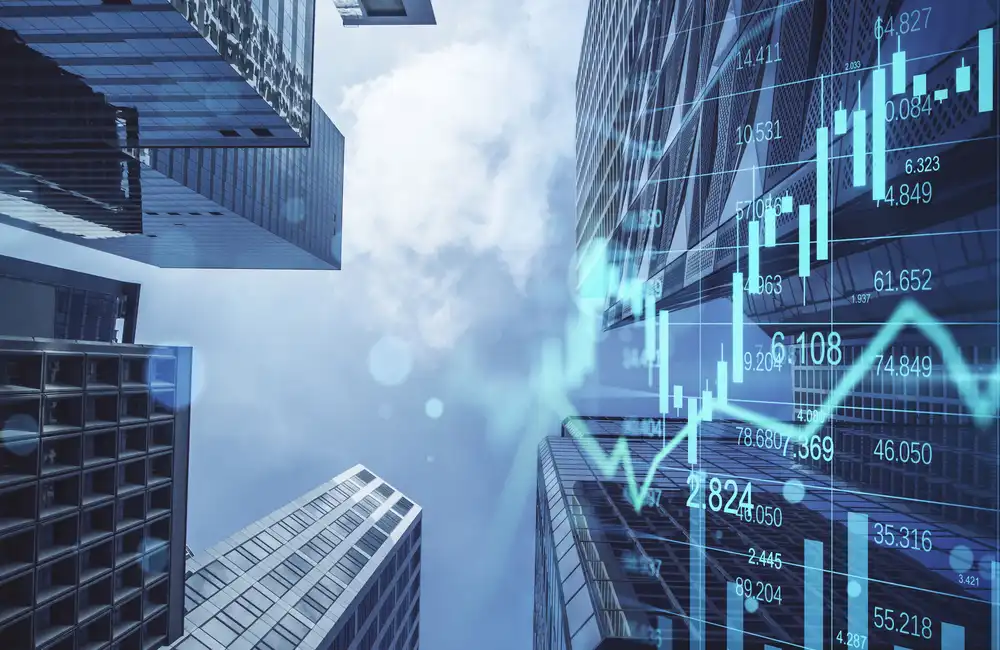The European Union (EU) stands at a pivotal moment in its transition to green energy and sustainable industry.
The EU’s Lithium Refining Shortfall
Challenges in Domestic Refining
Europe lacks the chemical processing infrastructure to convert raw lithium into battery-grade hydroxide or carbonate.
Strict environmental regulations and high initial investment costs delay refinery development and hinder ROI.
Lithium Demand vs Refining Capacity
By 2030 the EU will consume one-fifth of global lithium yet remain unable to meet demand with its own refineries.
Benchmark Mineral Intelligence forecasts only a marginal increase in European refining share by 2025, perpetuating supply shortages.
Geopolitical Risks
Heavy reliance on Chinese imports exposes Europe to trade disputes and resource-control concerns.
Diversification and independence in supply chains have become strategic imperatives.
Investment Opportunities in Lithium Refining
Green Refining Technologies
Direct lithium extraction and electrochemical methods can minimise water usage and carbon footprints.
Investors supporting eco-friendly refiners benefit from EU policy incentives and an eco-aware market.
Regional Supply Chains
Integrated mining, refining and manufacturing hubs in Portugal, Germany and Finland promise shorter supply lines.
Early partnerships with local operators offer strategic advantages and supply security.
Public Funding and Subsidies
Horizon Europe and the European Investment Bank prioritise battery-chain projects with grants and loan guarantees.
Aligning with these policy aims reduces operational risk and unlocks significant financial support.
Cross-Sector Collaboration
Joint ventures between miners, automakers and chemical firms—such as Tesla, Volkswagen and Stellantis—drive vertical integration.
Such alliances accelerate refinery development and secure long-term lithium supply.
Strategic Roadmap to Closing the Refining Gap
Policy Reforms
Simplifying permitting and authorisation processes will accelerate refinery construction without compromising sustainability.
Public-Private Partnerships
Targeted subsidies and tax incentives for lithium refining projects will bolster investor interest and scale capacity.
Workforce Development
Specialised programmes in chemical engineering and battery technology are essential to build a skilled talent pipeline.
Promoting R&D in Green Refining
Funding research into clean refining technologies will position Europe as a global leader in sustainable lithium processing.
Strategic Alliances Beyond Europe
Collaborations with established global players facilitate knowledge exchange and expedite capacity-building efforts.
The Path Forward
Europe’s lithium refining deficit presents a unique chance for innovation, collaboration and economic growth.
Investors who back strategic refining projects today will underpin the continent’s transition to a cleaner, self-sufficient energy future.






















